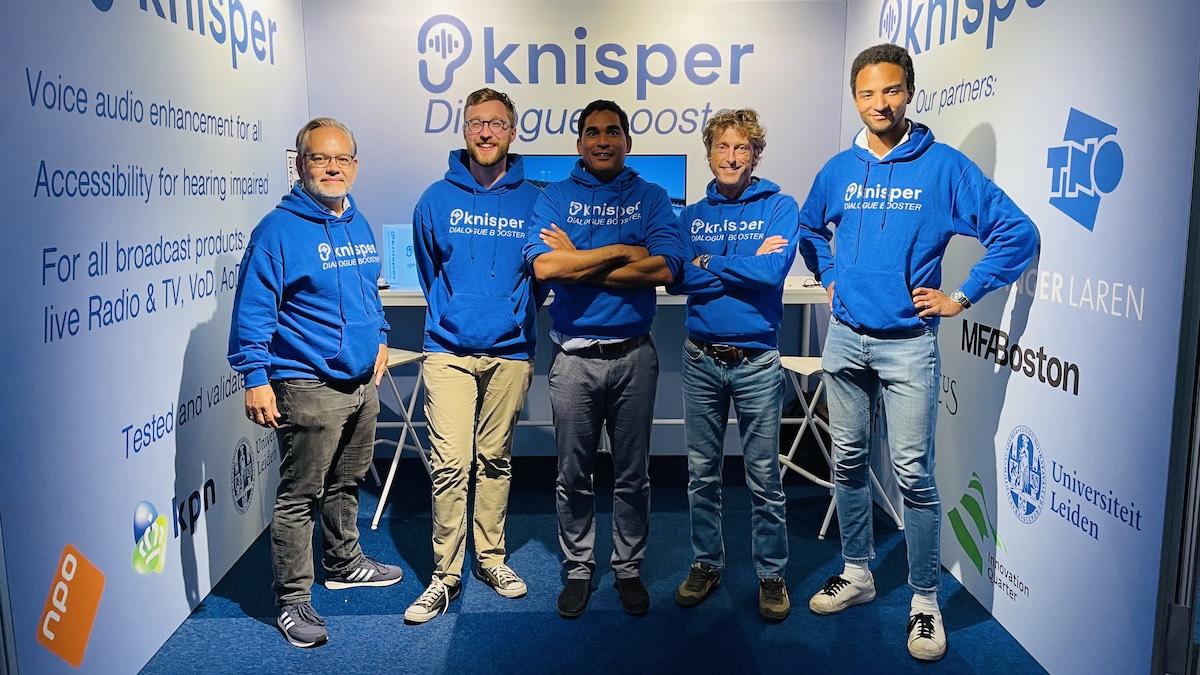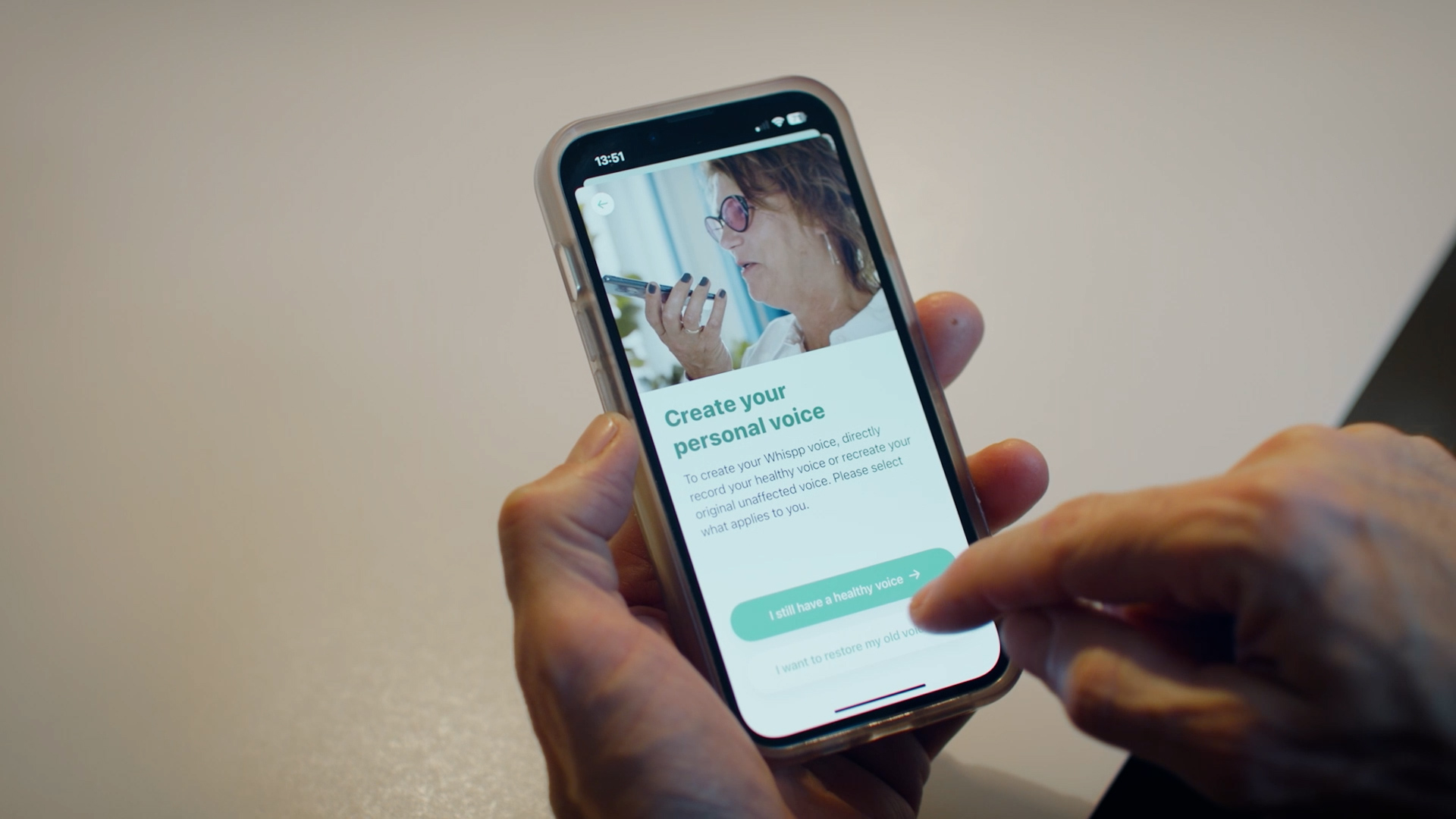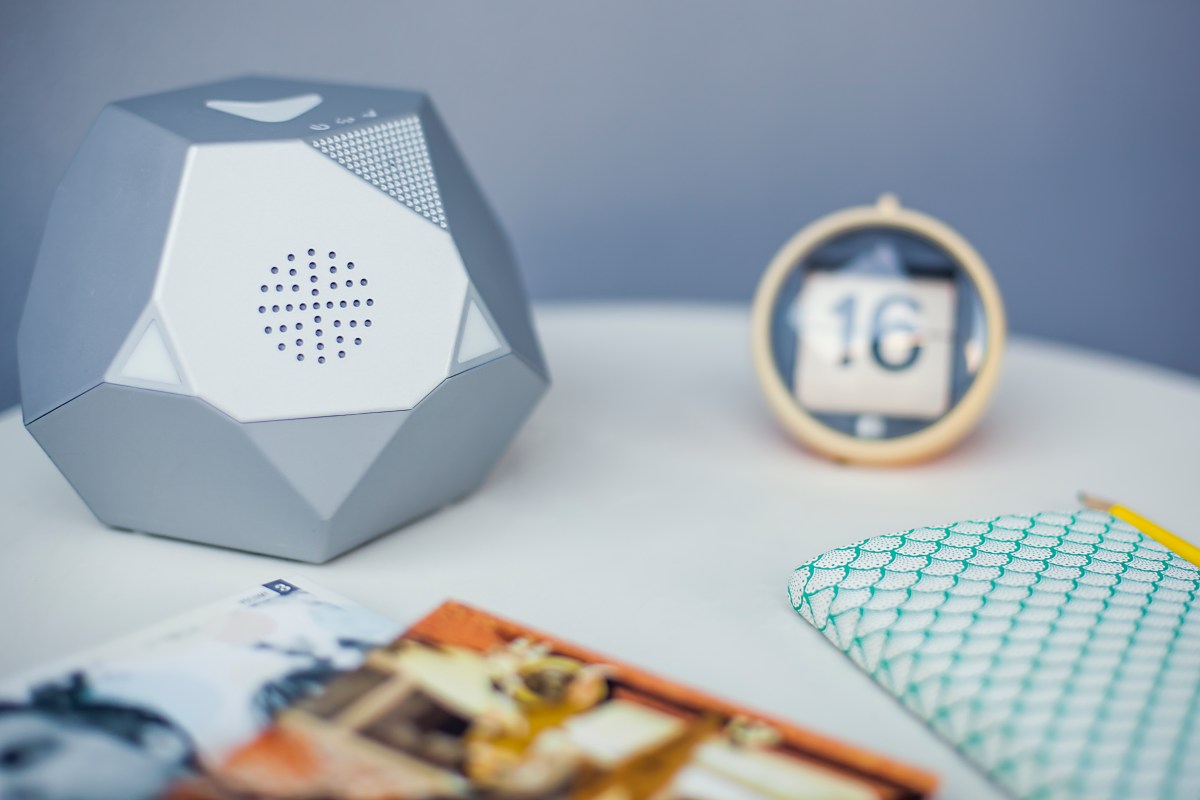Enhancing the quality of life for individuals with disabilities is a commendable objective, yet accessibility technology has not typically been a favored investment area for venture capitalists. In 2022, disability tech companies received approximately $4 billion in early-stage funding, a mere fraction of the investments in fintech, for example.
One of the reasons for this disparity is that disability tech startups are often seen as too specialized to achieve business viability at the scale required by venture capital. They are perceived as targeting a minority by definition. However, some startups in this sector have started to cater to a broader audience by incorporating AI technologies.
Finding the right balance is crucial: the business case needs to be compelling without losing sight of the startup’s mission. Additionally, the integration of AI must be done in a meaningful way to meet due diligence standards.
Some startups focusing on accessibility have grasped these concepts, and their approaches are worth examining. Here are four European startups that exemplify this trend.
Visualfy
Image Credits: Visualfy
Visualfy utilizes AI to enhance the lives of individuals with hearing impairments. This Spanish startup focuses on safety and independence, offering a sound recognition AI that can identify sounds like fire alarms and a baby’s cry at home. CEO Manel Alcaide emphasized the importance of AI in their business during an interview with TechCrunch.
The company provides consumers with an app that complements Visualfy Home, a hardware suite comprising three detectors and a main device. Visualfy also ventured into the public sector with Visualfy Places and recently secured funding from Spain’s national railway company, Renfe, underscoring its expanding reach.
Visualfy’s success on the B2B front can be attributed to the legal requirements for accessibility in public venues, particularly concerning health and safety regulations.
According to Alcaide, Visualfy’s installations in locations like stadiums can also monitor air quality and other metrics, potentially qualifying for subsidies in the EU while promoting inclusivity for the deaf community.
The company’s commitment to inclusivity is evident in its status as a B Corp and its employment of both hearing and non-hearing individuals. Alcaide stressed the importance of deaf individuals’ involvement in all stages of development for better design outcomes.
Knisper

Image Credits: Audus Technologies
While people with complete hearing loss represent a small segment of the population, the overall number of individuals with hearing impairments is projected to reach 2.5 billion by 2050. Dutch B2B startup Audus Technologies targets a specific group within this demographic with its product, Knisper.
Knisper uses AI to enhance speech clarity in various environments such as cinemas, museums, public transportation, and work settings. By separating and refining audio tracks, the technology ensures clear sound without increasing background noise, a distinct advantage over traditional hearing aid solutions.
Dr. Marciano Ferrier, a former ENT doctor and Audus founder, attributed the success of Knisper to AI advancements that were previously unattainable. The technology, trained on diverse audio samples, is now transitioning from development to adoption, as noted by managing director Joost Taverne.
Taverne highlighted partnerships with museums and publishers, showcasing Knisper’s potential in enhancing audio experiences for everyone, not just those with hearing impairments. This approach aligns with the company’s focus on challenging environments and broader audience accessibility.
Whispp

Image Credits: Whispp
Another Dutch startup, Whispp, focuses on speech technology from a distinct perspective, converting whispered speech into natural voice in real time, as showcased at CES.
Whispp caters to a global audience of 300 million individuals with voice disabilities who possess clear articulation abilities but lack the ability to project their voice, such as those with various voice disorders or conditions like ALS and Parkinson’s. By leveraging audio-to-audio AI, Whispp offers real-time voice solutions that are secure, language-agnostic, and authentic-sounding.
CEO Joris Castermans emphasized the potential of Whispp’s technology for non-silent patients, ensuring private and confidential communications. The platform’s voice banking services and adaptable subscription models demonstrate avenues for monetization and sustainability.
Acapela

Image Credits: Acapela Group
Voice banking, a process to preserve one’s voice for future use, is a pivotal service offered by Acapela. Acquired by Tobii Dynavox, Acapela Group employs AI advancements to enable efficient and accessible voice cloning, making voice banking more accessible and efficient.
The incorporation of AI in voice cloning enhances the quality and speed of voice banking, reducing barriers for individuals diagnosed with conditions affecting their speech. Acapela’s model allows users to record sentences for free initially, with costs incurred only upon installation on devices, offering flexibility in purchase options.
These startups exemplify innovative approaches to expand beyond traditional user demographics, ultimately enhancing inclusivity and accessibility for individuals with disabilities. Their initiatives not only broaden revenue prospects but also embody the essence of universal accessibility, aiming to provide equal access to all individuals, including those with disabilities.


